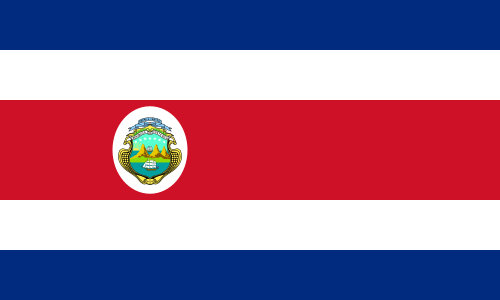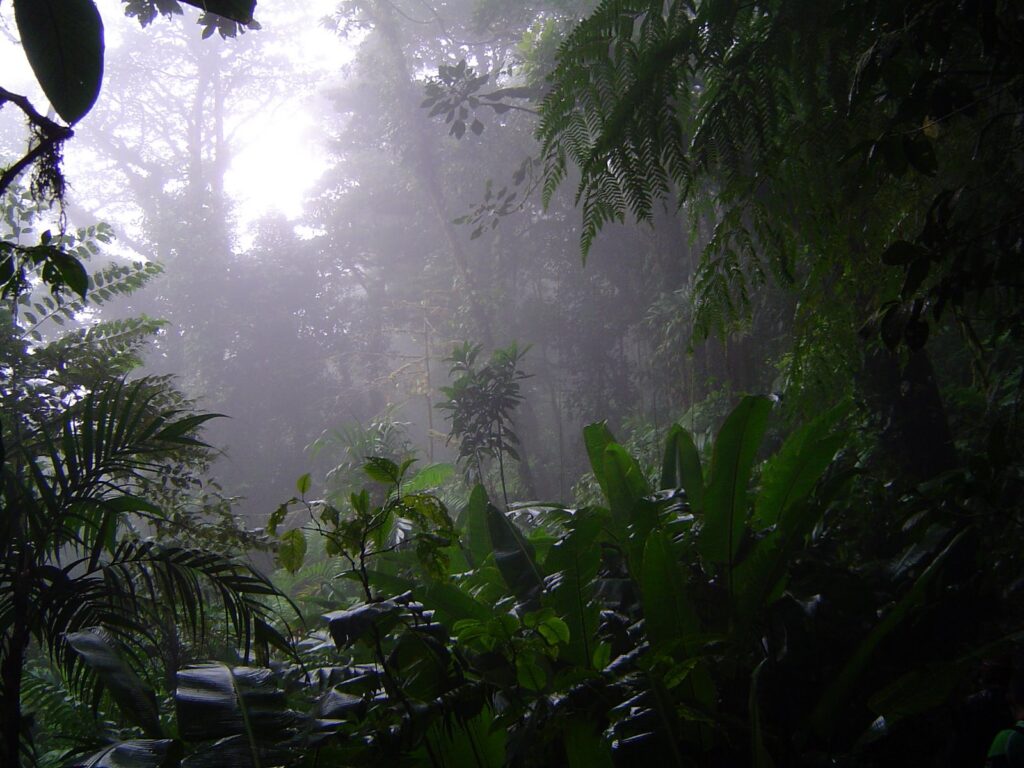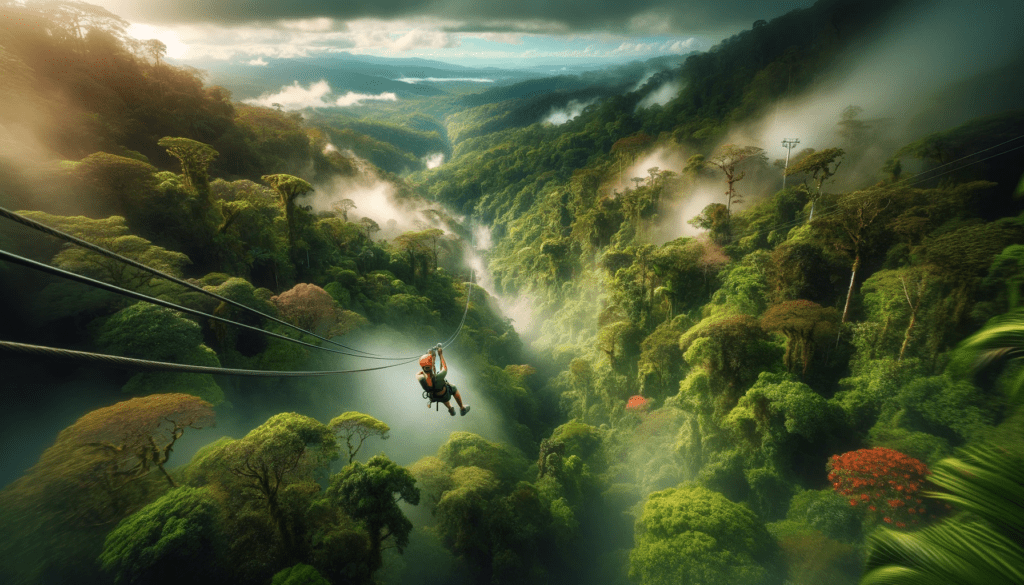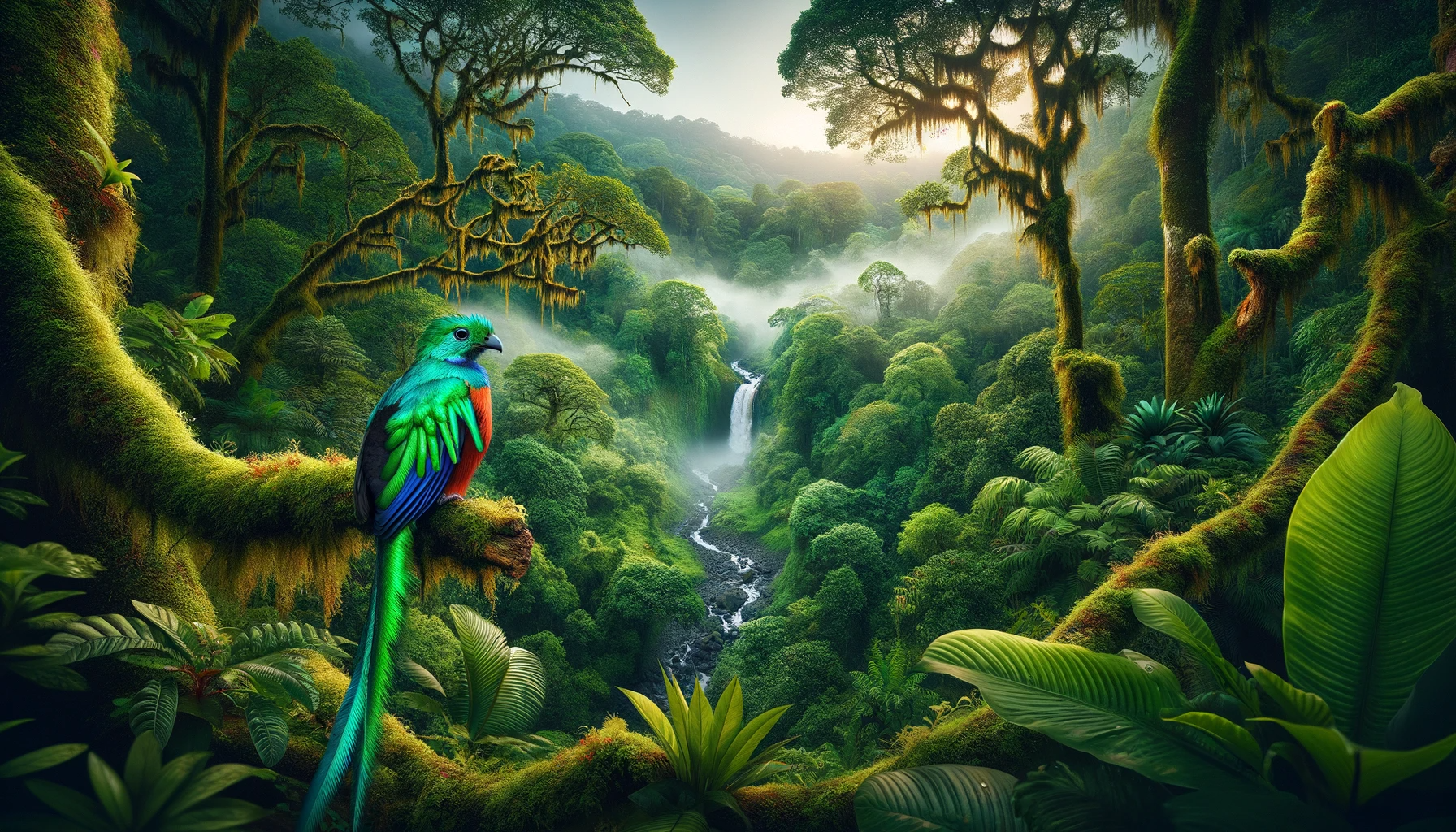Costa Rica, also known as the Republic of Costa Rica, is a beautiful country located in Central America. It shares borders with Nicaragua to the north, the Caribbean Sea to the northeast, Panama to the southeast, and the Pacific Ocean to the southwest. With a population of around 5 million and a land area of 51,100 square kilometers, Costa Rica is known for its stable democracy, progressive social policies, and dedication to environmental preservation. The capital and largest city, San José, is the cultural and political center of the country.
List of Public and National Holidays for Costa Rica in the year 2024
- New Year’s Day: Monday, 01 January 2024
- Maundy Thursday: Thursday, 28 March 2024
- Good Friday: Friday, 29 March 2024
- Juan Santamaria Day: Thursday, 28 March 2024
- Easter: Sunday, 31 March 2024
- Labour Day: Wednesday, 01 May 2024
- Guanacaste Day: Thursday, 25 July 2024
- Lady of the Angels Day: Friday, 02 August 2024
- Assumption Day: Thursday, 15 August 2024
- Mother’s Day: Thursday, 15 August 2024
- Independence Day Costa Rica: Sunday, 15 September 2024
- Cultures National Day: Saturday, 12 October 2024
- Christmas Day: Wednesday, 25 December 2024
Interesting Facts about Costa Rica
History and People:
This beautiful country has a rich tapestry of indigenous heritage, Spanish colonialism, and a march toward democracy and social equality. Today, Costa Rica is a thriving democracy with a rich cultural heritage. Before the Spanish conquest in the 16th century, the region was inhabited by indigenous people with diverse cultures and traditions. Welcome to the fascinating history of Costa Rica! After the conquest, Costa Rica became a Spanish colony, part of the Captaincy General of Guatemala. However, the country gained independence in 1821 and, after a brief period in the Mexican Empire, became a sovereign nation in 1838.
Costa Ricans, also known as Ticos, are renowned for their friendly and peaceful demeanor. This is reflected in the country’s motto, ‘Pura Vida’ (pure life), which encapsulates their approach to living a happy and simple life. The population is a diverse mix of Mestizo (mixed indigenous and European), European, African, and indigenous peoples, contributing to a vibrant cultural mosaic.

Political Stability and Social Progress:
Costa Rica is a democratic republic with a strong system of constitutional checks and balances. It famously abolished its army in 1949, reallocating military funds to education and healthcare. This has resulted in a highly educated population and a robust healthcare system accessible to all citizens and residents. The country has had over 70 years of uninterrupted democratic governance, a rarity in the region, making it an island of stability in Latin America.
Economy:
Costa Rica’s economy has diversified in recent decades, moving away from its historical reliance on agriculture. While coffee and bananas were once the backbone of the economy, it is now bolstered by industries such as medical devices, pharmaceuticals, financial outsourcing, and software development. Overall, Costa Rica’s economy has become more robust and diverse, offering a range of opportunities for growth and development. Additionally, tourism plays a significant role due to the country’s ecological treasures and commitment to conservation.
Environmental Commitment:
Costa Rica is a global leader in environmental protection and sustainable development. Costa Rica’s commitment to environmental protection is truly impressive. It is remarkable that despite covering only 0.03% of the planet’s surface, it is home to 5% of the world’s biodiversity. The government has set ambitious environmental goals, including becoming carbon-neutral by 2021. Over a quarter of its land is protected as national parks or reserves, and it is one of the few countries that have successfully reversed deforestation. Our energy matrix is not only remarkably green, but also reliable. Over 98% of our energy comes from renewable sources such as hydro, wind, and geothermal power.

Biodiversity and Natural Beauty:
Costa Rica is truly a paradise for nature lovers, with its misty cloud forests in Monteverde and pristine beaches in Manuel Antonio. The country is home to an impressive array of flora and fauna, including iconic species like the resplendent quetzal, the sloth, and the scarlet macaw. Thanks to Costa Rica’s strong commitment to conservation, these natural treasures will be preserved for generations to come.
Culture:
Costa Rican culture is a beautiful blend of indigenous, Spanish, and African influences. It is expressed in the country’s vibrant music, dance, festivals, and delicious cuisine. The ‘tico’ way of life values family, community, and finding joy in life’s simple pleasures. Traditional dishes like gallo pinto (rice and beans), casado (a meal featuring rice, beans, salad, and protein), and tamales are staples of Costa Rican cuisine.
Education and Health:
Costa Rica has one of the highest literacy rates in Latin America, which is a testament to the country’s early investment in education. The education system is free and compulsory, and there is a strong network of universities and vocational schools. In addition, Costa Rica’s healthcare system is highly regarded for providing high-quality medical services to citizens and residents. Due to its affordable and high-quality healthcare services, the country is a popular destination for medical tourism.
Tourism:
Costa Rica’s economy heavily relies on tourism, which is no surprise given the country’s natural beauty, diverse wildlife, and reputation for sustainability. With such a commitment to preserving its natural resources, Costa Rica is a must-visit destination for any nature lover. Visitors can enjoy a variety of activities such as zip-lining through cloud forests, surfing on the Pacific coast, and wildlife watching in the numerous national parks. The government’s dedication to sustainable tourism ensures that development is balanced with conservation, preserving the country’s beauty for future generations.

Challenges:
Costa Rica has achieved many successes, but it still faces some challenges. However, despite these challenges, Costa Rica remains a peaceful nation. Economic inequality, infrastructure deficits, and climate change impacts are ongoing issues. Although it is not immune to the drug trade and associated crime, law enforcement and social stability are strong.
In conclusion, Costa Rica is a country of stunning natural beauty, rich cultural heritage, and notable social and environmental achievements. This small but impactful country serves as a model for other nations with its commitment to peace, democracy, and sustainable development. Despite facing challenges, its many successes offer hope and valuable lessons for a better future. Whether you are a traveler, an environmentalist, or someone interested in Latin American culture and politics, there is much to learn from and admire about this friendly and confident nation.

